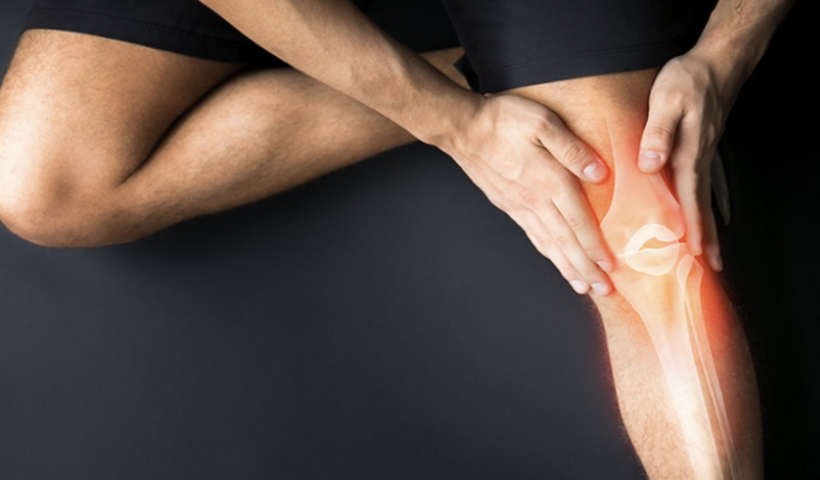
Osteoarthritis or OA is a common degenerative joint disease (DJD) conditions that can affect the knee. This, is when the knees joint surface starts to wear away, either due to over use, trauma or age. But this is not the main problem. The problem begins with the bodies over responsive action trying to prevent this from continuing. Therefore, it repairs the worn down surfaces with more bone leading to lumps and bumps on what should be a very smooth and clean surface. It is these lumps and bumps that cause the discomfort and pain felt by patients with Knee OA.
OA is the most common type of arthritis and most prevalent in weight baring joints such as the Knee, Hip, Ankle and Spine. 85% of people >80years of age have some level of OA in there body and 50% already in those >60 years young.
What does it feel like?
Pain, most common around the centre of the knee with flares up occurring during excessive rest or overuse, leading to stiffness or pain respectively.
There is also a grinding, scratching noise heard during movement referred to as "crepitus".
What Can Osteopathy do to help?
Unfortunately, your Osteopath can not remove the wear and tear of your knee to restore it to what is once was. OA can only be managed, preserved and slowed; preventing further wearing of the knee surface.
Your Osteopath will use Osteopathic techniques such as articulation, muscle energy techniques, cupping, dry needling and soft tissue techniques to help increase your knee range of motion and reduce your symptoms. They will also look at your biomechanics of the lower limb to help you prevent over loading one need more than the other, aiding in preserving your condition.
Once you have some symptomatic relief, your Osteopath will prescribe you an exercise program to strengthen sounding structures to further aid your recovery.
Most Patients with Knee OA can benefit from regular treatment to prevent further wearing of the knee roughly once every month.
What can I do to help my knee in the mean time?
Gentle knee bends in the morning and before bed to warm up the tissues and circulation blood flow.
Light walks or swims. Staying away from hills and high incline walks.
Heat or warm water if not suffering from a flare up.
If you have any questions, please call us or message us on our social media channels and we will try our best to answer any questions you may have!